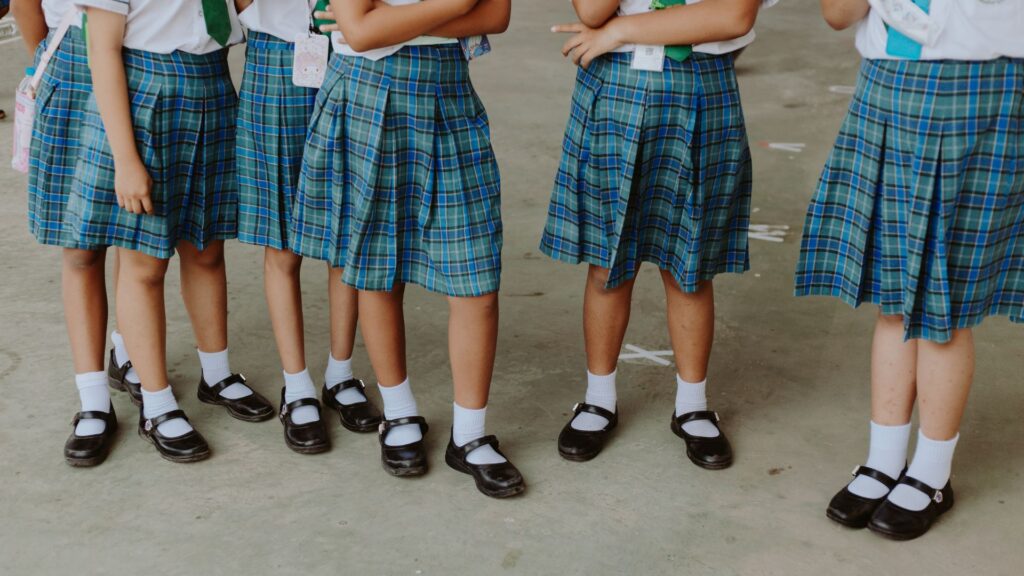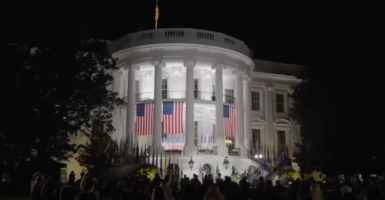School Made Girls Wear Skirts To Promote ‘Chivalry’
A court just overturned a charter schools controversial dress code that required girls to wear skirts to promote chivalry.

Dress codes have long been implemented into school procedures and handbooks. Generally used as a guideline for what appropriate attire is in the classroom, their purpose has been questioned by many over the years. Oftentimes, this focus is specific to female students, as many allege they can be discriminatory and misogynistic. Students and parents have been speaking out against sexist dress codes for decades, yet nearly half of all schools still follow them. One North Carolina charter school had required girls to wear skirts on the merit of “chivalry”, but their contentious rule was overturned recently in a federal courtroom.
EdWeek reported on the decision after the case against the charter school’s dress code mandating girls wear skirts to school was brought up to a federal appeals court. When ruling, the court said that the charter school was in direct violation of the 14th amendment.
Throughout the 101-page document addressed by the court, the topic of chivalry as the basis for the dress code continuously came up. Typically, this term is connected to archaic, medieval times in reference to the era’s religious and moral codes of conduct. Because of this, opposers of the dress code said it was stereotypical against women.
Some of the judges ruling on the side of the upset students said that the charter school based their need for this dress code by alleging that female students were fragile, and therefore needed protection from male students. Calling it “offensive” many failed to see how this apparent “need” meant that girls should wear skirts. But not everyone who heard the case was in agreement.
One judge commented that this ruling could have detrimental consequences on the rights of charter schools going forward. Additionally, they said that the basis of chivalry for the need of the dress code wasn’t necessarily meant to be patronizing to female students. While they were joined by two other judges in this sentiment, the majority ruled that it was unconstitutional.
Charter schools operate differently than their public counterpart. They operate autonomously from state education standards and requirements. Because of this, they have more freedom to create their own measures. Some feel that with the government stepping in to address, and now overturn the dress code policy, it is setting the stage for more limitations to come.

On top of this, charter schools are already facing an uphill battle with the feds. The Biden Administration has allegedly made it much harder for these school alternatives to meet the requirement to receive promised funding. Many advocates fear this will have a major impact on their success and sustainability to operate. For some, the stepping in by part of the government about the dress code only further depicts how charter schools are being attacked.
Despite the possible complications the ruling on the dress code could have, the major issue with students was that they felt the policy was stereotypical and discriminating. And as times perpetually change, so does the call for social change. It isn’t the first time students have spoken out about contentious dress codes, and it surely won’t be the last.



